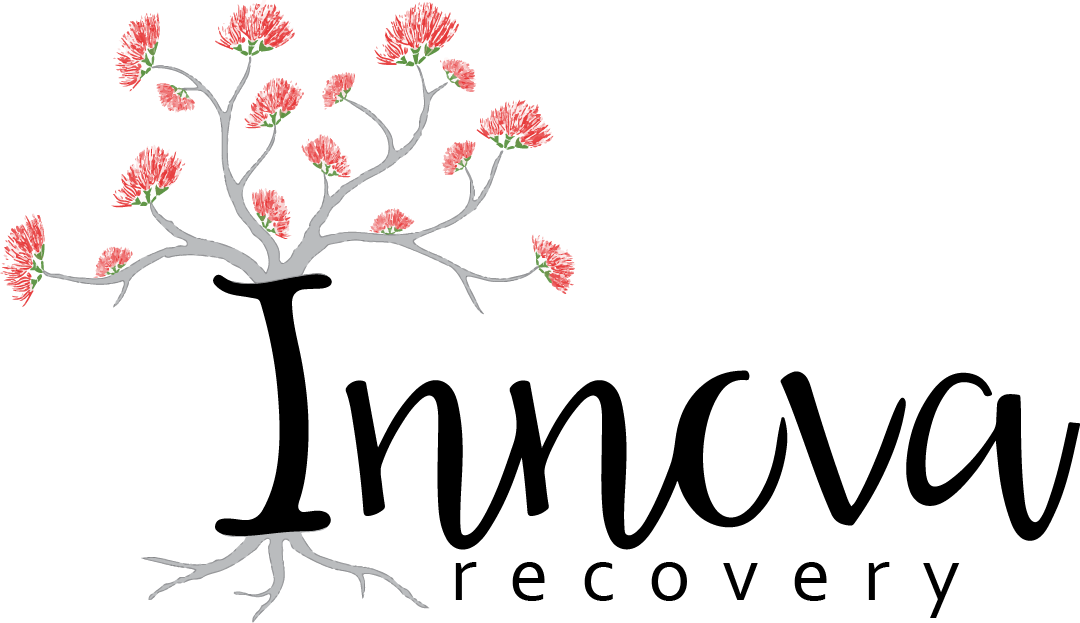Definition of Moral Injury #
Moral injury is a “soul wound” that occurs after an event that goes against an individual’s deeply held moral values and ethical codes. It is not a mental disorder, like post-traumatic stress disorder (PTSD), but can be a powerful predictor of long-term psychological and spiritual suffering.
While initially identified in military veterans, moral injury can affect anyone in “high-stakes situations” who is unable to act in a way that aligns with their core beliefs.
Common examples of affected groups include:
- Combat veterans: Involving acts of killing, witnessing atrocities, or feeling betrayed by leadership.
- Healthcare workers: Making impossible triage decisions, rationing resources, or being unable to provide adequate care.
- First responders: Witnessing traumatic events where they could not intervene or feeling let down by their agencies.
- Civilians: Experiencing betrayal, injustice, or witnessing immoral acts that challenge their sense of a just world.
The morally injurious event can be an act of:
- Commission: An action the person takes that violates their morals.
- Omission: Failing to do something they believe was morally necessary.
- Witnessing: Observing others commit immoral acts.
- Betrayal: Having a leader or trusted authority betray one’s trust.
Emotional Symptoms #
The primary and most enduring symptoms of moral injury are negative emotions centered on transgression and betrayal.
- Guilt and shame: Guilt is the feeling of distress over having “done something bad,” while shame is the belief that “I am bad because of what I did”. This often leads to a diminished sense of self-worth.
- Self-condemnation: An inability to forgive oneself, which can lead to self-sabotaging behaviors, as the person feels they don’t deserve good things.
- Betrayal: A profound sense of having been betrayed by leaders or peers, which shatters trust in others and in institutions.
- Anger and outrage: Feelings of intense anger and disgust, particularly concerning the event itself or the parties involved.
- Spiritual and existential distress: A crisis of faith, questioning formerly held religious or spiritual beliefs, and a deep loss of meaning and purpose in life.
- Alienation and social withdrawal: Feeling isolated from others who did not share the experience and struggling to maintain intimate relationships.
- Self-destructive behavior: Negative emotions can drive unhealthy coping mechanisms, such as substance abuse and, in severe cases, suicidal thoughts or attempts.
Physical Symptoms #
While the core of moral injury is psychological, the chronic stress and emotional distress can manifest physically.
- Fatigue and burnout: The mental and emotional exhaustion from moral injury can deplete a person’s energy, leading to chronic fatigue.
- Chronic stress response: The body’s stress-response system (HPA axis) is activated, releasing stress hormones like cortisol. Prolonged high cortisol levels are linked to neuroinflammation and other health issues.
- Sleep disturbances: Anxiety, intrusive thoughts, and emotional turmoil can cause insomnia or other significant sleep problems.
- Somatization: Stress and emotional pain can manifest as physical ailments. These may include headaches, chest pain (palpitations), neck pain, and gastrointestinal issues.
- Hyperarousal: Though more central to PTSD, an extended stress response can lead to physical hypervigilance.
Neurobiology of Moral Injury #
Recent research is beginning to uncover the specific neurological underpinnings of moral injury, which appear to differ from fear-based trauma.
- Altered functional connectivity: Studies using functional magnetic resonance imaging (fMRI) reveal altered communication between key brain regions.
- Impact on the default mode network (DMN): Moral injury appears to involve disrupted connections in the DMN, a network involved in self-referential processing and moral cognition. This disruption may be linked to the profound shame and guilt experienced.
- Amygdala and somatosensory cortex: Research has shown a positive correlation between moral injury exposure and functional connectivity between the amygdala (involved in emotion processing) and the somatosensory cortex (involved in processing bodily sensations). This suggests a link between emotional distress and physical sensation.
- Impaired prefrontal cortex (PFC): The chronic stress response can affect the prefrontal cortex, which is critical for decision-making and emotional regulation. This can lead to lasting challenges in regulating emotions and assessing risk.
- Midbrain and shame: Studies have indicated a stronger-than-normal connection between the DMN and the periaqueductal gray (PAG) in the midbrain in individuals with moral injury. The PAG is linked to defensive responses and is thought to be involved in driving intense moral emotions like shame and guilt.
- Different neural correlates than PTSD: Some studies suggest that the neural signature of moral injury is distinct from that of PTSD, particularly regarding how different brain regions are activated during the recall of morally injurious versus fear-based traumatic events.
Download This Resource #
Save the printable PDF version of this article to reference or share anytime.







